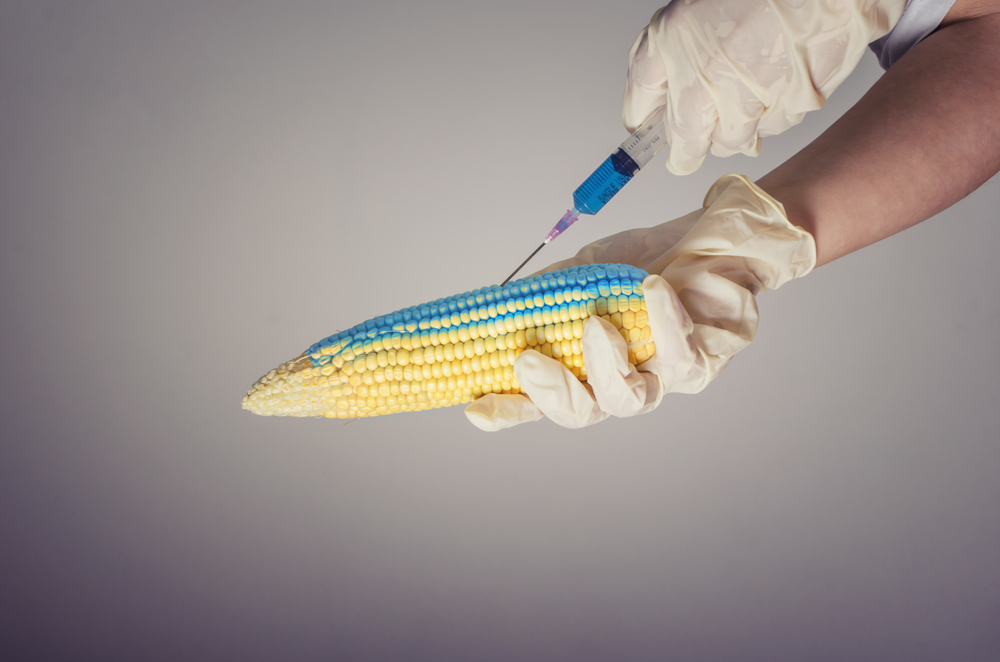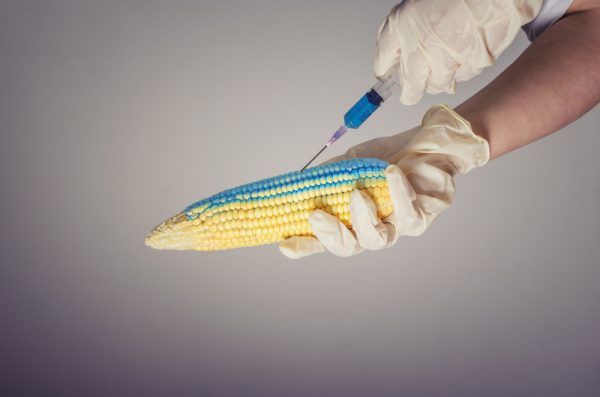With the human population on the rise, how much food conventional agriculture can yield in decades to come is a question of necessity. But as technology proffers time-bound solutions for problems which plague humanity, answers to food security seem not to be farfetched. It is an almost inevitable reality that a considerable fraction of organic farming would give way to harvests produced via genetic modifications in the near future.
Genetically modified (GM) foods are made from organisms whose natural state have been altered by introducing genes from other organisms into their DNA via a method known as genetic engineering. These changes are designed artificially by scientists to make the organism possess attributes that they do not possess naturally but can be made to possess through a modification of their genetic material by inserting genes from organisms which possess such attributes. Thus, genes from an animal or microorganism can be inserted into plant genetic materials. Globally, soybean, maize, and cotton topped the list of GM crops as at 2014. Also, reviews are underway for the approval of GM animals, with the AquAdvantage Salmon, which grows all year round, to be the first to be approved for consumption in the US in 2015.
Some of the known benefits of GM foods include increased shelf life as seen in Flavr Savr tomato into which was inserted a gene that delayed ripening, resistance to pests as seen in Bt (Bacillus thuringensis) crops like Bt potato and Bt maize, resistance to viruses that reduce plant yield as seen in GM pawpaw, resistance to herbicides as seen in GM maize, and the ability to produce enhanced nutritional benefits as is the case with GM soybean and GM rice.
In spite of these benefits, controversies and oppositions surround the acceptance of GM foods. Since the technology is relatively new, unknown adverse effects with respect to the health of humans and animals, the environment, the economy, and societal ethics are a thing of concern. The risk of potential allergies caused by GM foods, the creation of superweeds that might be resistant to pesticides and herbicides, the need for GM seed companies to patent their seeds by preventing farmers from replanting which is feared to result in a monopoly over seeds that are basically vital to every farmer, and faith-based or dietary restrictions are some concerns that have been raised.
Where Nigeria stands in all these is nevertheless important. In April 2015, Fmr. President Goodluck Jonathan signed the National Biosafety Agency Bill which, according to the agency’s Director-General Prof Lucy Ogbadu, will give the legal framework to check the activities of modern biotechnology locally and the importation of GM crops into the country. In May 2016, the National Biosafety Management Agency (NBMA) issued two permits to the agricultural company Monsanto, for the commercial release of genetically modified cotton into the Nigerian market and the confined field trail of GM maize. Whilst tests were to be carried out on the maize that was genetically modified to resist insects and tolerate pests, the cotton was genetically modified to resist the common lepidopteran insect pest which attacks the plant. The NBMA also last year ordered the withdrawal of all imported GM products from stores on the basis that they had not yet been approved by the agency.
No matter what the future of agriculture holds, in addition to protecting the environment, individuals deserve a right to know if their foods are organic or have been genetically modified and make decisions guided by their preferred choices.


